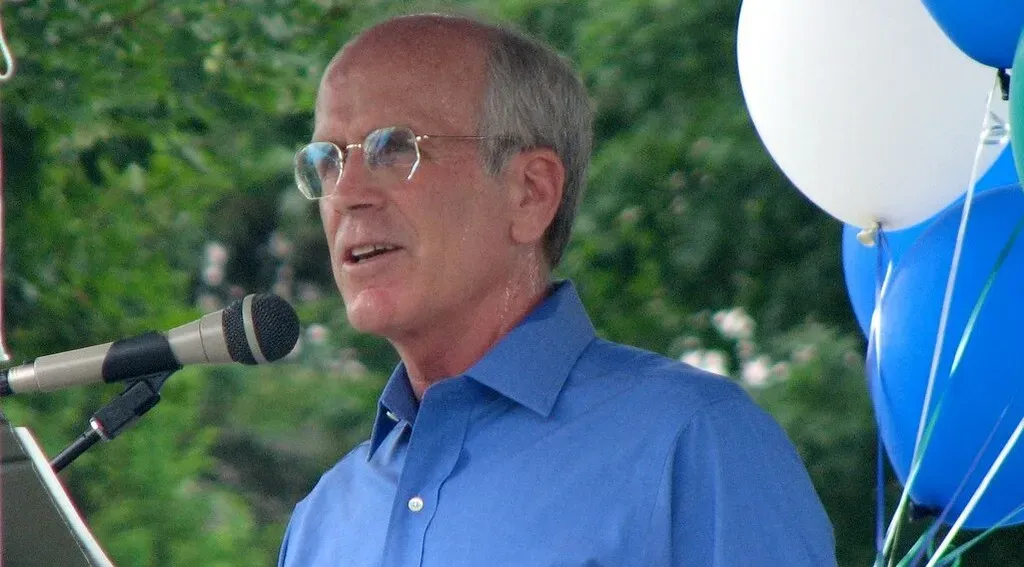Bipartisan Bill Proposes $7 Billion Extension for Affordable Connectivity Program
The bill would extend funding at least through 2024.
Jericho Casper

WASHINGTON, January 10, 2024 – Bipartisan legislation was introduced Wednesday that aims to allocate $7 billion to extend the Affordable Connectivity Program to ensure that participating low-income households continue to receive the monthly internet subsidy through 2024.
The introduction of the Affordable Connectivity Program Extension Act comes just after Federal Communications Commission Chairwoman Jessica Rosenworcel warned on Monday that the agency will be forced to take initial steps to wind down the program as soon as this week unless Congress passes an extension.
Without congressional intervention, the ACP’s $14 billion budget will be exhausted by the end of April, according to FCC estimates. The loss of funding could disrupt internet access to the nearly 23 million households – an estimated 64 million people – that ACP currently serves.
The program provides monthly $30 discounts on internet service for low-income households and up to $75 monthly discounts for eligible households on tribal lands and high-cost areas, and also provides a one-time discount of up to $100 off the price of an electronic device.
The bill is led in the Senate by Sen. Peter Welch, Vermont-D, and Sen. J.D. Vance, Ohio-R. In the House, the bill is cosponsored by Rep. Yvette Clarke, New York-D, Rep. Brian Fitzpatrick, Pennsylvania-R, and Rep. Mike Lawler, New York-R. The contents of the bill haven’t been made public at the time of writing.
More than 450 civil rights, consumer, and industry groups are endorsing the bill, including some of the country’s largest telecom industry groups, the AARP, labor organizations such as the AFL-CIO, the American Civil Liberties Union and the NAACP.
Despite the ACP receiving strong bipartisan public support, the program faced opposition in December from Republican leaders in the House and Senate commerce committees. They expressed concerns about the administration’s spending, labeling it as “wasteful,” and conveyed skepticism regarding the ACP’s effectiveness in a letter addressed to FCC.
The efforts of House Republicans to showcase reduced government spending create significant hurdles for ACP re-funding. Experts have expressed concern regarding the likelihood of the bill reaching the floor, given the most recent stance of the House Republican majority.
The bill’s sponsors note that the ACP serves to connect families in some of the country’s most remote rural communities and underserved urban neighborhoods alike, with 1.8 million New Yorker’s participating, over 1.1 million households across Ohio, and one-in-seven Pennsylvania households utilizing ACP. Altogether, participating households across the bill’s sponsors’ home states are receiving 98.4 million from the program in total each month.









Member discussion